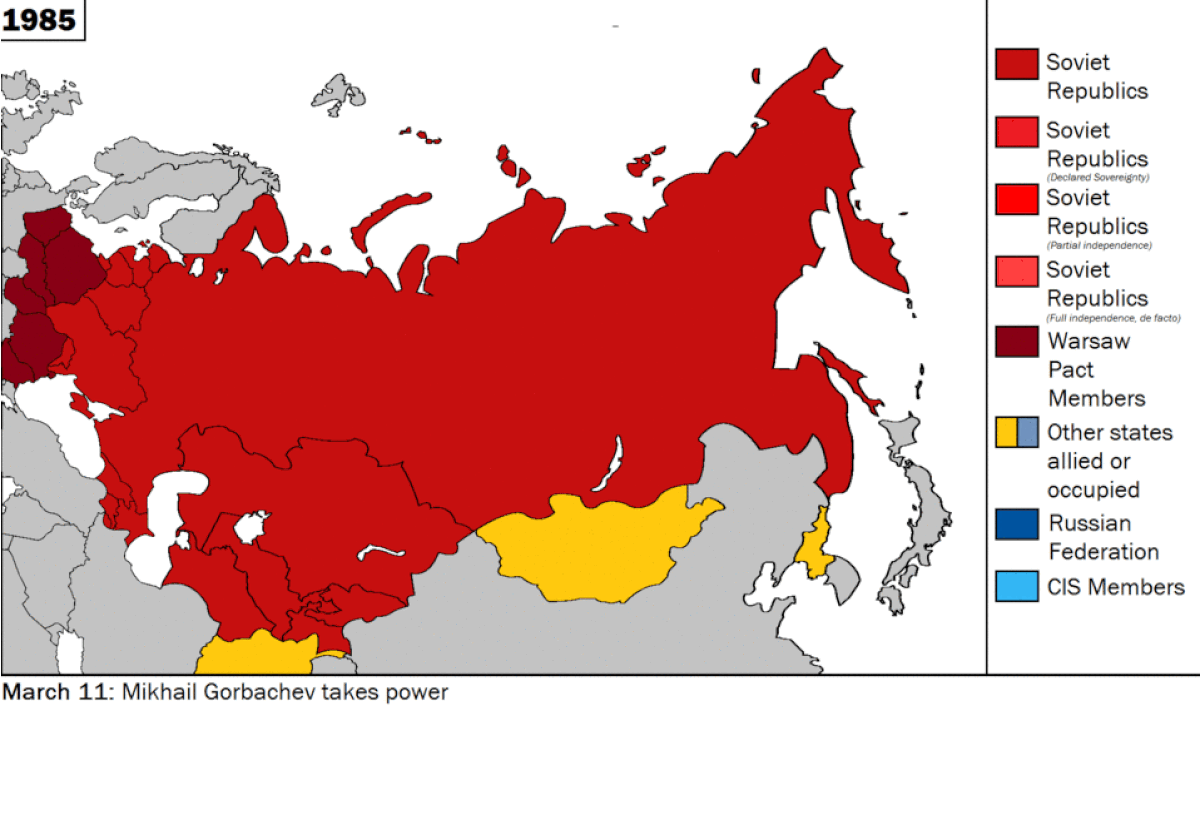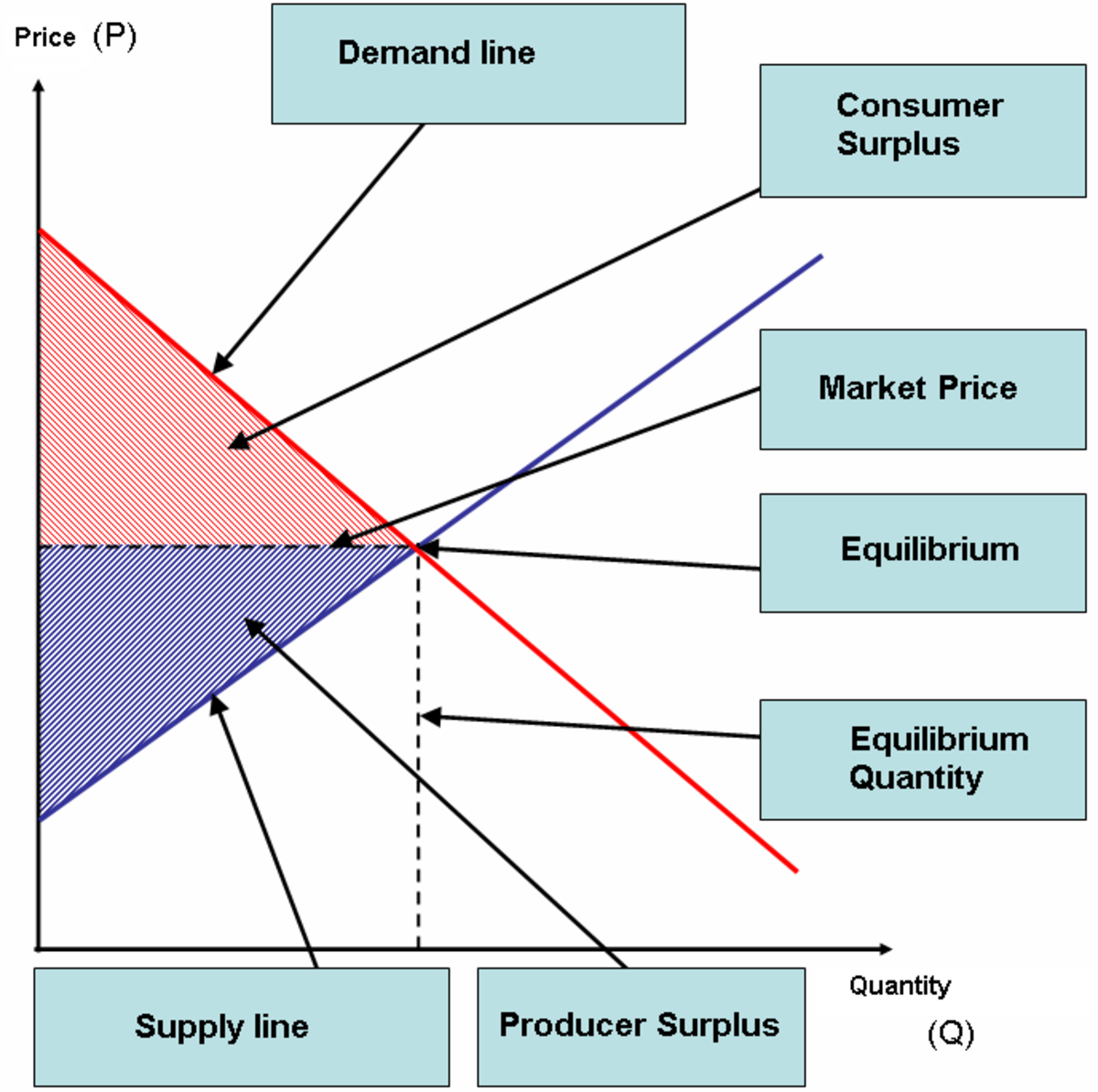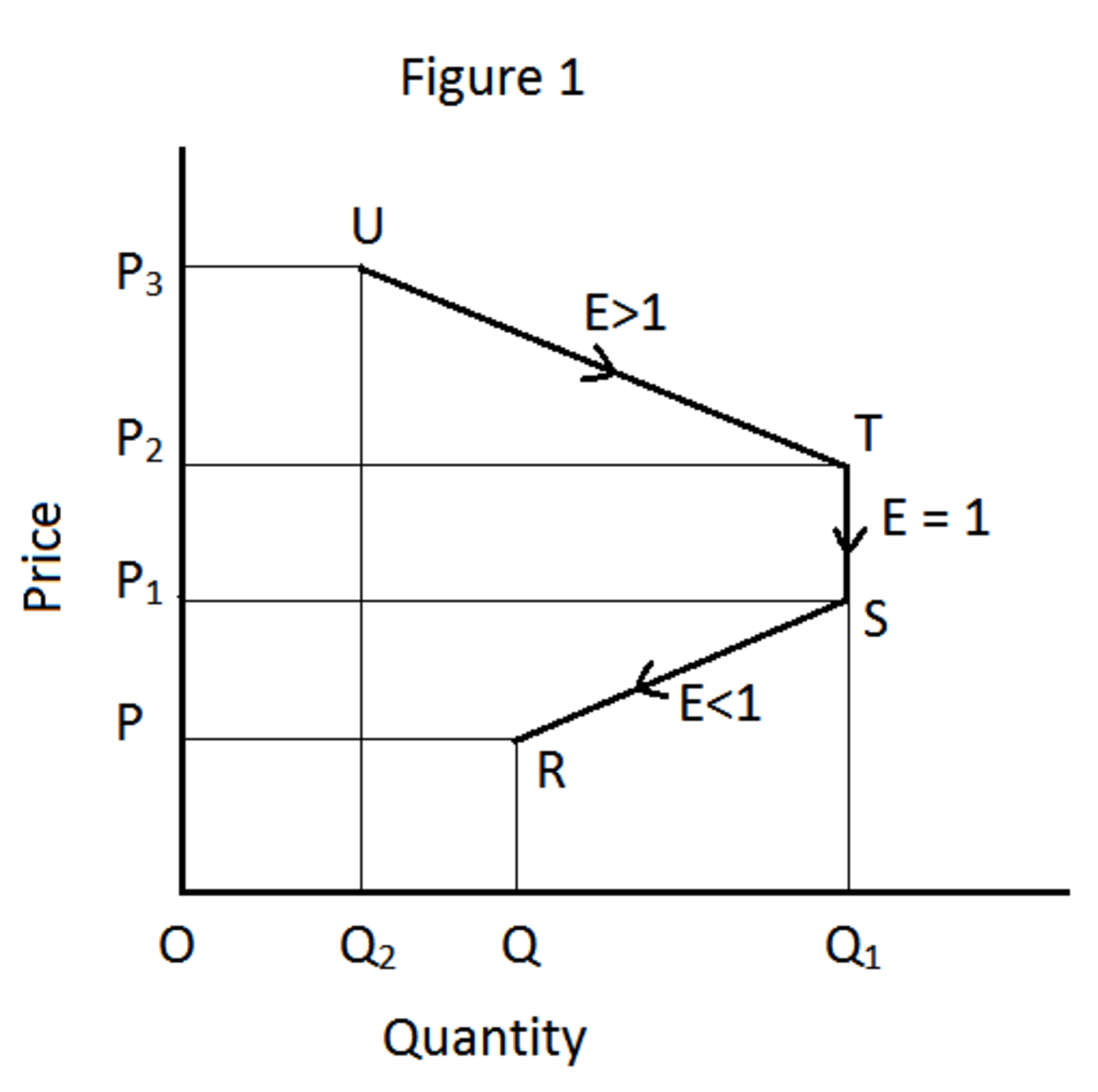Capitalism vs Communisn
What persuasion are you
What persuasion are you, capitalist or communist? If you happen to be of communist persuasion you are likely to argue that capitalism is exploitative and promotes economic disparity. On the other hand a person of capitalist persuasion is most likely to sing paeans to market efficiencies while deprecating inefficient communism. Thus if you are a capitalist your motivation is likely to be as strong as that of any die hard communist. Converse is equally true. But in this piece I am not going to vouch for either of the two. I am rather going to argue that both dispensations are sub optimal.
Is market economy optimally efficient
The question to be asked here is 'are free markets really efficient or to be more precise, optimally efficient?' A proponent of capitalism or free market economy would believe that each player in a market economy acts in best self interest. Since everyone acts in best self interest capitalism is most efficient. The underlying idea is that what is best for everyone individually is also best for the society collectively. A phenomenon called prisoners dilemma, which I will presently explain, demonstrates that this is not always true.
Prisoners' dilemma
The prosecutor, unable to lay his hands on enough evidence to nail two under trials decides to offer them incentives to confess. Thus if one prisoner confesses he goes scot free while the other faces jail for life. If both prisoners confess they both go to jail for two years instead of a life term. If none confesses then the prosecutor anyway has enough evidence to charge both of them for an offence carrying one year term. Incarcerated in separate wards both face the dilemma to confess or not to. Of course both can keep quite and get away with one year term but neither can trust the other for if the other knows his choice of keeping quite he has the incentive to snitch and get away scot free making the other go to jail for life. Therefore keeping quite is risky for both and a rational choice for both will be to confess. Thus both end up with two years in jail instead of possible one if they cooperated. Both acted in best self interest. But their individual best self interest is not in their best collective interest.
How does free market economy fare?
The logic of prisoners dilemma when applied to free market economy tells us that individuals' best interest will not always be the collective best interest of the society. Take for example, farmers trying to pump out ground water to irrigate their crops. Each farmer knows he will profit from the bumper crop possible with good irrigation. But collectively farmers draw so much water that soon all farmers face barren lands. So what is in best interest of a single market player is not in collective interest of all market players. In this sense free market economy is not optimally efficient.








